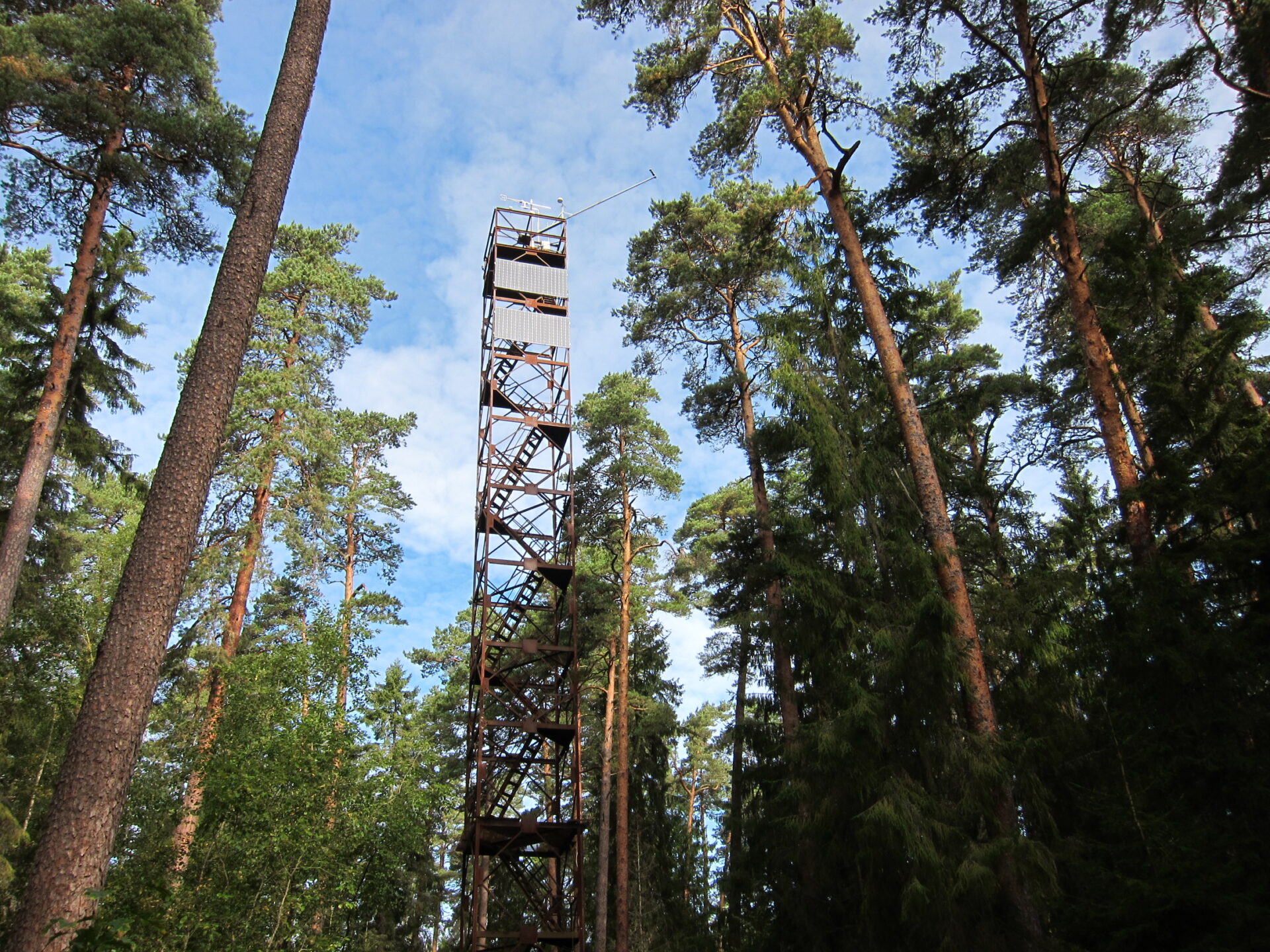
Biometeorology Lab
People

Kaido is an Associate Professor of Environmental Technology at the University of Tartu and leads the Biometeorology Lab. His research quantifies greenhouse gas fluxes—particularly carbon dioxide, methane, and nitrous oxide—and water and energy exchange between terrestrial ecosystems and the atmosphere. He conducts field-based measurements across a wide range of ecosystems, including both mineral and organic soils, and investigates fluxes at multiple levels: from soil surfaces and tree stems to forest canopies and entire ecosystems. By integrating detailed observations with modelling approaches, his work advances understanding of ecosystem functioning under changing climate and land-use conditions. It supports the development of science-based strategies for environmental monitoring and sustainable land management.
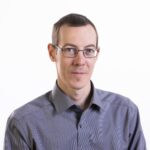
Alar contributes to the research group’s activities by working in the gas chromatography laboratory. He prepares the vials used in fieldwork to measure greenhouse gases and analyzes the samples taken. He then performs an initial data check, after which the results are already subject to further analysis. At the same time, he studies the benefits of roof greening in Estonian conditions – how much roof vegetation consumes CO2 from the air and what are the factors that affect it.
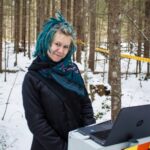
Alisa’s research focuses on how natural ecosystems, particularly forests and peatlands, respond to variations in environmental factors and extreme weather events. Using the eddy covariance method, she quantifies ecosystem-scale greenhouse gas exchange to advance understanding of biogeochemical and ecological processes in a changing climate.
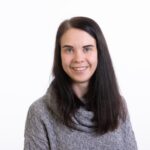

Svyatoslav is an environmental scientist (at least he thinks so) who enjoys turning complex forest data into clear insights with maths and modelling. He studies CO₂ fluxes in forests using the eddy covariance method. He codes in Python, R and SQL, and is disappointed in himself every day. His motto is “Science isn’t hard. It’s extremely hard. That’s what makes it exciting“.

Mihkel is responsible for the operation of the measuring stations and responds promptly to any problems that arise. Maintenance of the measuring stations is also Mihkel’s daily responsibility.
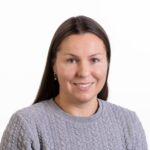
Mirjam supports the research team’s scientific activities, ensuring smooth day-to-day operations and project management. Her responsibilities include, among other tasks, preparing financial reports for EU-funded research projects and coordinating reporting.
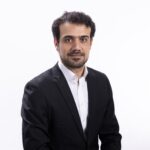
Kamil’s research explores how boreal peatland forests respond to drainage and climate change, with a focus on land management strategies that enhance carbon storage and reduce greenhouse gas emissions. His PhD combines extensive fieldwork, modelling, and advanced techniques to study biogeochemical and ecosystem-scale processes, supporting sustainable peatland restoration. Passionate about inclusive science, he values learning and collaboration as key drivers of climate solutions and scientific progress.
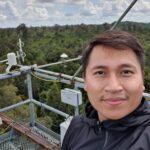
Sebestian Kalang William
Junior Research fellow in Physical Geography
Sebestian’s research focuses on tropical peatlands’ biogeochemistry, with his ongoing doctoral work examining the exchange of CO2, CH4, and N2O in both undrained peat swamp forests and agriculturally managed tropical peatlands. He employs static and automated chamber techniques to quantify soil and stem surface fluxes, while utilising the eddy covariance method to assess ecosystem-level gas exchanges and investigate their relationships with biophysical factors.
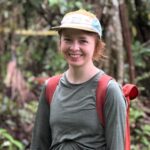
Salla specialises in ecosystem processes and biogeochemistry, with a focus on methane and other greenhouse gas fluxes and cycles of boreal ecosystems. Her doctoral work explored aerobic methane formation and environmental drivers in Scots pine shoots. Currently, her research is focusing on carbon balances of restored peatlands.

Sunova’s research focuses on the carbon and nitrogen balance in restored wetlands using various peatland restoration techniques. By investigating biogeochemical processes across differently restored sites, she aims to contribute to a deeper understanding of how restoration strategies influence greenhouse gas dynamics and nutrient cycling in peatland ecosystems.
Anto maintains and develops measurement stations, ensuring their reliability and accuracy. His work covers mechanical solutions as well as the management of electronics and data systems, including data collection and the optimization of automated processes.
Alumni
Rait Parts
Specialist in Landscape Geography
Joosep Truupõld
Graduate student
Thomas Schindler
Research Fellow in Environmental Technology
Reti Ranniku
Junior Research fellow in Physical Geography
Isaac Okiti
Junior Research Fellow in Ecotechnology
Raely Pärlin
Bachelor student
Jordi Escuer Gatius
Junior Research Fellow in Ecotechnology


